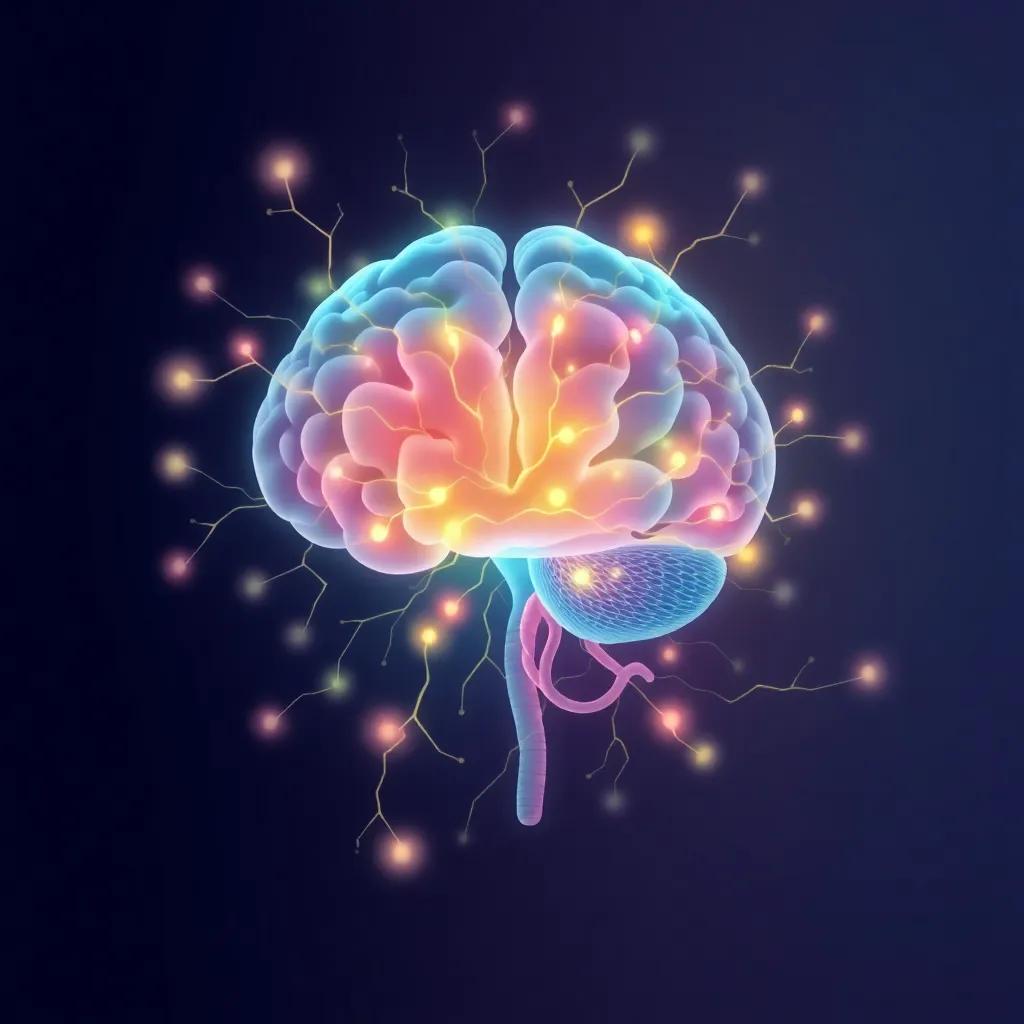Explore how gut health impacts mental well-being, key nutrients, and dietary habits that support mental health.
Recent research reveals the profound link between gut health and mental well-being, emphasizing the role of nutrition in mental health.
The Gut-Brain Axis: A Two-Way Communication
The gut-brain axis is a complex communication network linking the emotional and cognitive centers of the brain with peripheral intestinal functions. Recent studies have shown that the gut microbiota can influence brain function and behavior, highlighting the importance of gut health in mental well-being.
According to a study published in the journal Nature Microbiology, researchers found that individuals with a diverse gut microbiome were less likely to experience symptoms of depression and anxiety. This suggests that maintaining a healthy gut could be a key factor in promoting mental health.
Key Nutrients for Mental Health
Certain nutrients play a crucial role in supporting both gut and brain health. Omega-3 fatty acids, found in fatty fish like salmon, have been shown to reduce inflammation and support brain function. Probiotics, found in fermented foods like yogurt and kefir, help maintain a healthy balance of gut bacteria.
Dr. Emeran Mayer, a gastroenterologist and author of The Mind-Gut Connection, emphasizes the importance of a diet rich in fiber, fruits, and vegetables. ‘A diet that supports gut health can have a profound impact on mental well-being,’ he says.
Dietary Habits for a Healthy Gut
Adopting dietary habits that promote gut health can have a positive impact on mental health. Eating a variety of foods, including whole grains, lean proteins, and healthy fats, can help maintain a diverse gut microbiome.
Dr. David Perlmutter, a neurologist and author of Brain Maker, recommends avoiding processed foods and sugars, which can disrupt the balance of gut bacteria. ‘The health of your gut is directly linked to the health of your brain,’ he explains.
Conclusion
The connection between gut health and mental well-being is a growing area of research. By focusing on key nutrients and adopting healthy dietary habits, individuals can support both their gut and brain health, leading to improved mental well-being.




